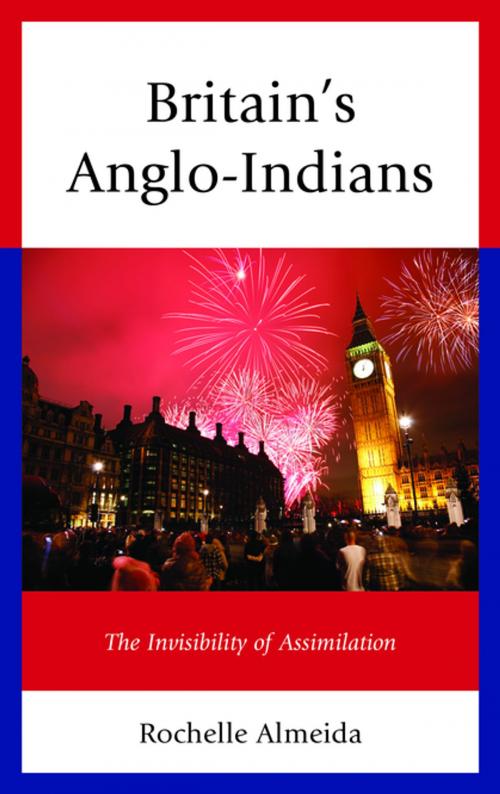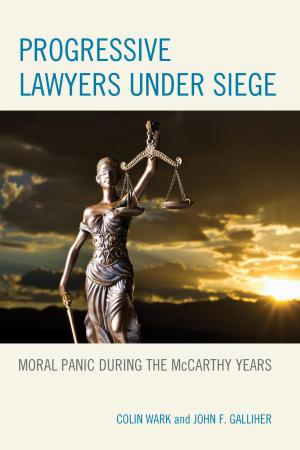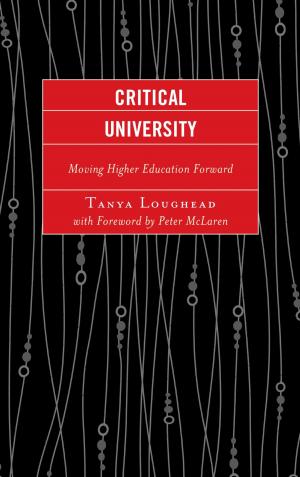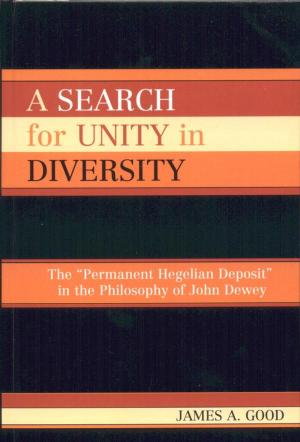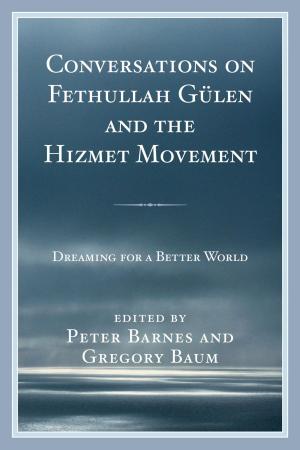Britain's Anglo-Indians
The Invisibility of Assimilation
Nonfiction, Social & Cultural Studies, Social Science, Cultural Studies, Emigration & Immigration, Anthropology, History, British| Author: | Rochelle Almeida | ISBN: | 9781498545891 |
| Publisher: | Lexington Books | Publication: | April 26, 2017 |
| Imprint: | Lexington Books | Language: | English |
| Author: | Rochelle Almeida |
| ISBN: | 9781498545891 |
| Publisher: | Lexington Books |
| Publication: | April 26, 2017 |
| Imprint: | Lexington Books |
| Language: | English |
Anglo-Indians form the human legacy created and left behind on the Indian subcontinent by European imperialism. When Independence was achieved from the British Raj in 1947, an exodus numbering an estimated 50,000 emigrated to Great Britain between 1948–62, under the terms of the British Nationality Act of 1948. But sixty odd years after their resettlement in Britain, the “First Wave” Anglo-Indian immigrant community continues to remain obscure among India’s global diaspora.
This book examines and critiques the convoluted routes of adaptation and assimilation employed by immigrant Anglo-Indians in the process of finding their niche within the context of globalization in contemporary multi-cultural Britain. As they progressed from immigrants to settlers, they underwent a cultural metamorphosis. The homogenizing labyrinth of ethnic cultures through which they negotiated their way—Indian, Anglo-Indian, then Anglo-Saxon—effaced difference but created yet another hybrid identity: British Anglo-Indianness.
Through meticulous ethnographic field research conducted amidst the community in Britain over a decade, Rochelle Almeida provides evidence that immigrant Anglo-Indians remain on the cultural periphery despite more than half a century. Indeed, it might be argued that they have attained virtual invisibility—in having created an altogether interesting new amalgamated sub-culture in the UK, this Christian minority has ceased to be counted: both, among South Asia’s diaspora and within mainstream Britain. Through a critical scrutiny of multi-ethnic Anglophone literature and cinema, the modes and methods they employed in seeking integration and the reasons for their near-invisibility in Britain as an immigrant South Asian community are closely examined in this much-needed volume.
Anglo-Indians form the human legacy created and left behind on the Indian subcontinent by European imperialism. When Independence was achieved from the British Raj in 1947, an exodus numbering an estimated 50,000 emigrated to Great Britain between 1948–62, under the terms of the British Nationality Act of 1948. But sixty odd years after their resettlement in Britain, the “First Wave” Anglo-Indian immigrant community continues to remain obscure among India’s global diaspora.
This book examines and critiques the convoluted routes of adaptation and assimilation employed by immigrant Anglo-Indians in the process of finding their niche within the context of globalization in contemporary multi-cultural Britain. As they progressed from immigrants to settlers, they underwent a cultural metamorphosis. The homogenizing labyrinth of ethnic cultures through which they negotiated their way—Indian, Anglo-Indian, then Anglo-Saxon—effaced difference but created yet another hybrid identity: British Anglo-Indianness.
Through meticulous ethnographic field research conducted amidst the community in Britain over a decade, Rochelle Almeida provides evidence that immigrant Anglo-Indians remain on the cultural periphery despite more than half a century. Indeed, it might be argued that they have attained virtual invisibility—in having created an altogether interesting new amalgamated sub-culture in the UK, this Christian minority has ceased to be counted: both, among South Asia’s diaspora and within mainstream Britain. Through a critical scrutiny of multi-ethnic Anglophone literature and cinema, the modes and methods they employed in seeking integration and the reasons for their near-invisibility in Britain as an immigrant South Asian community are closely examined in this much-needed volume.
